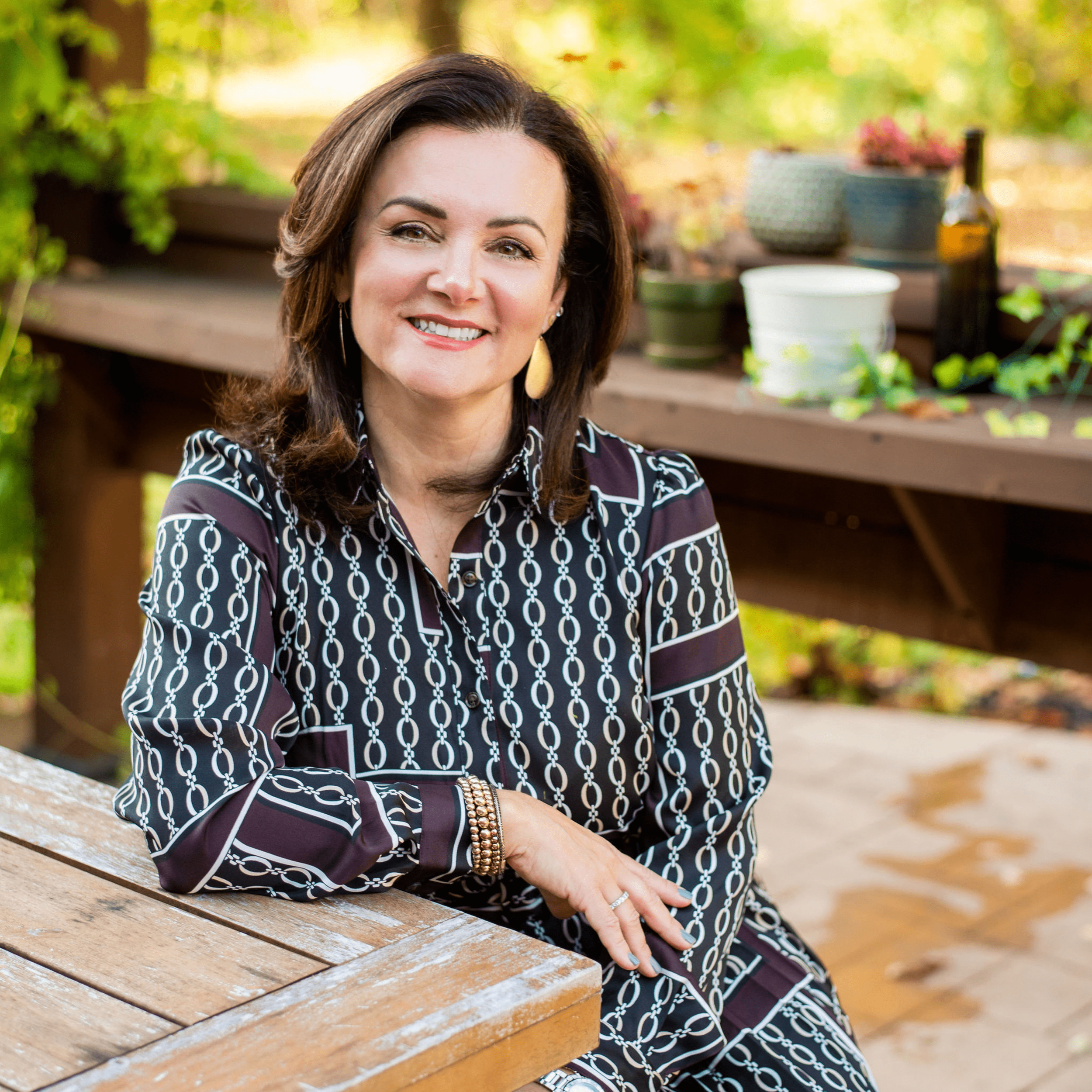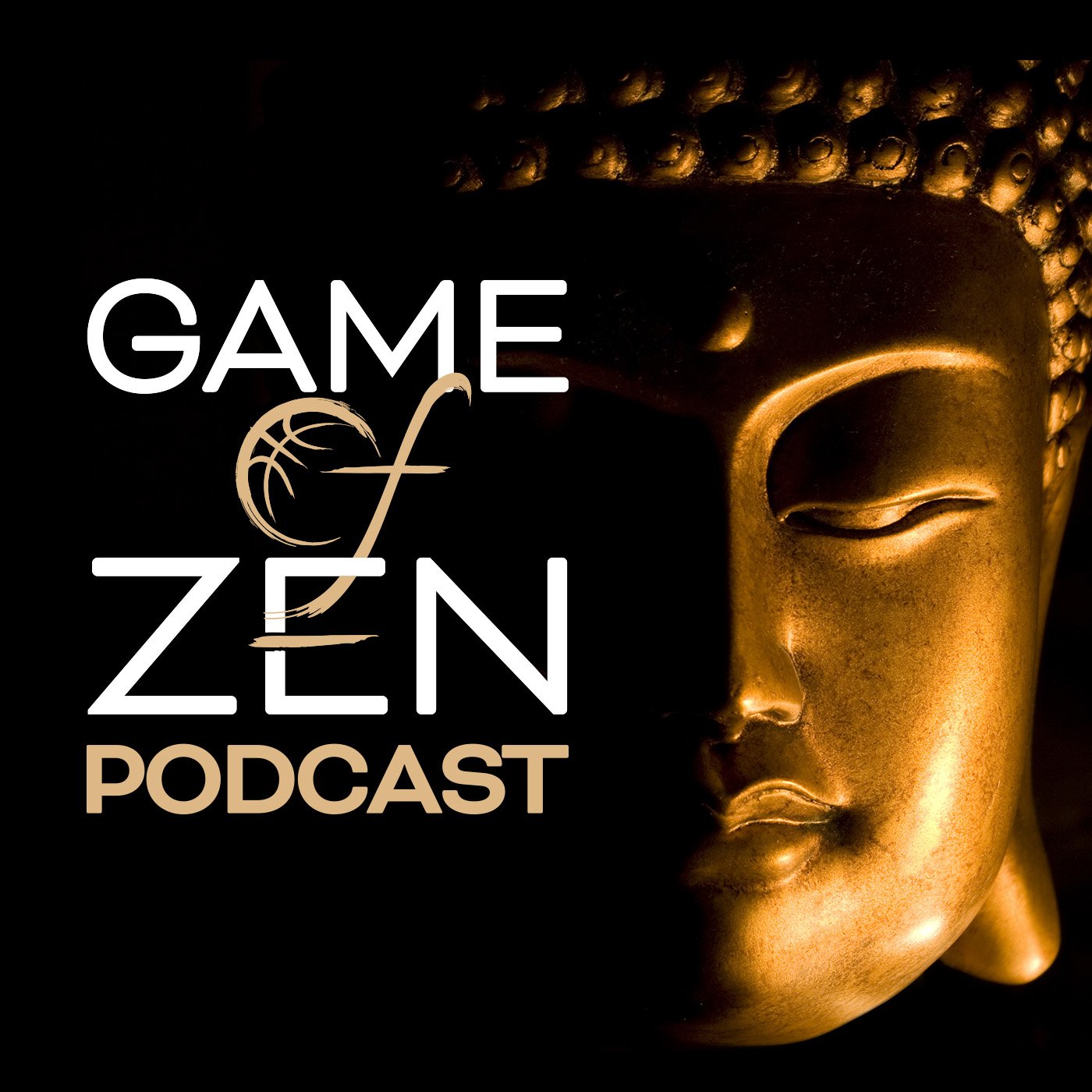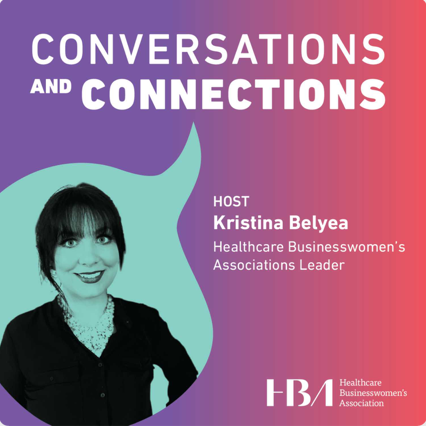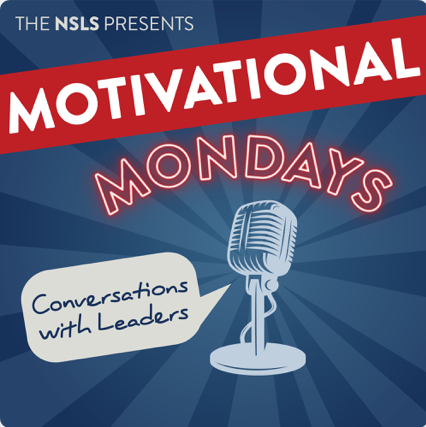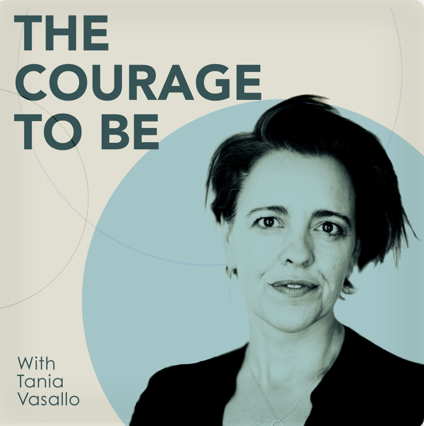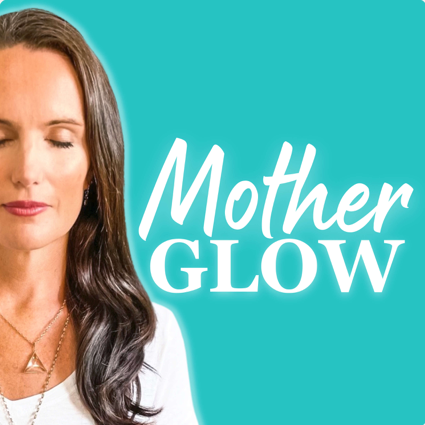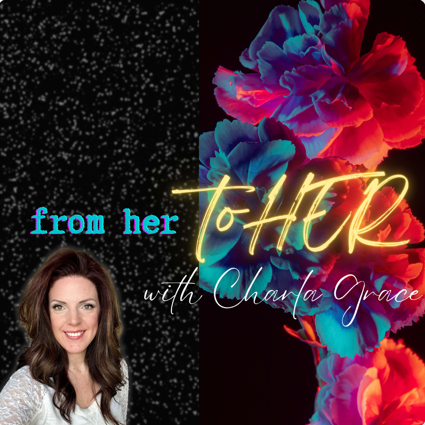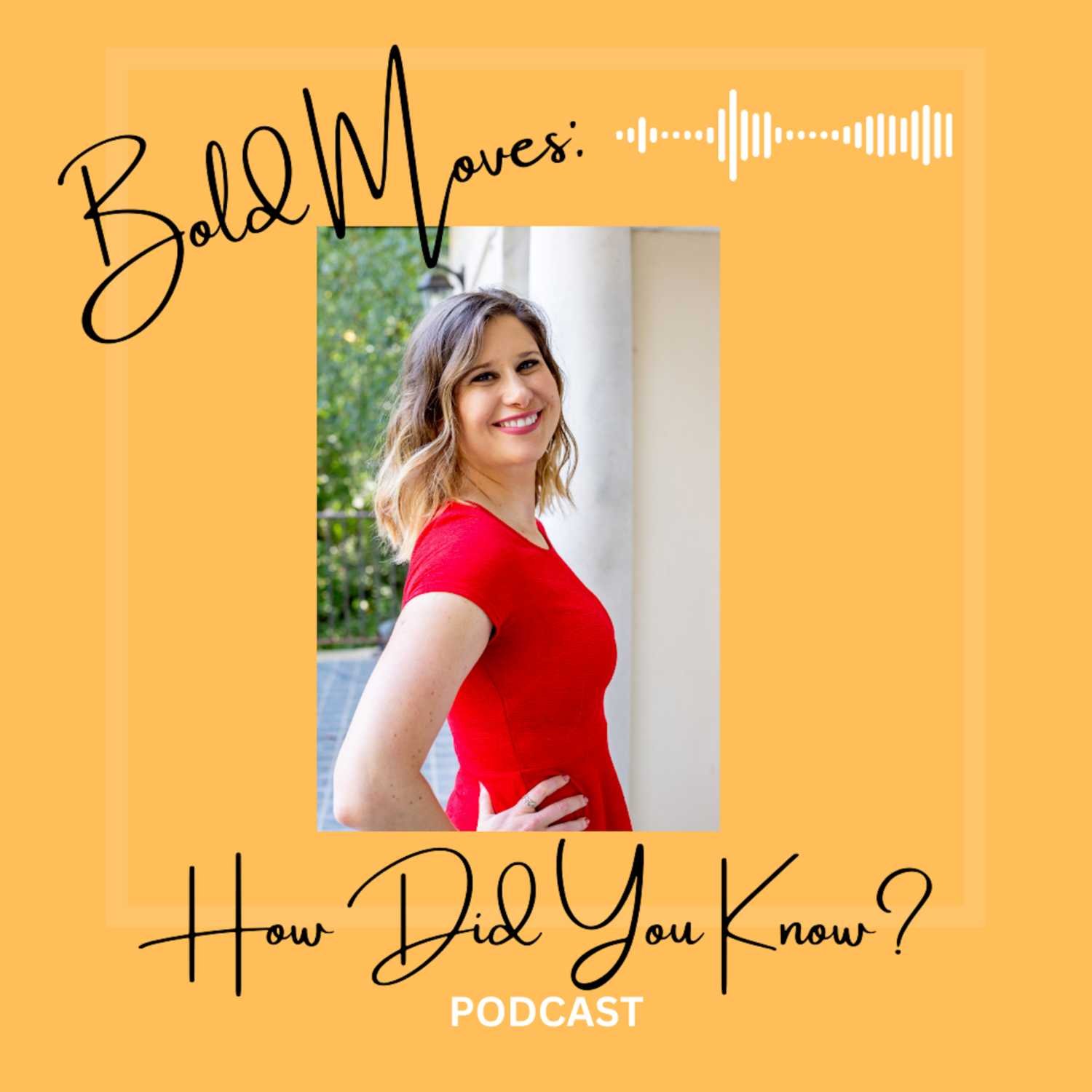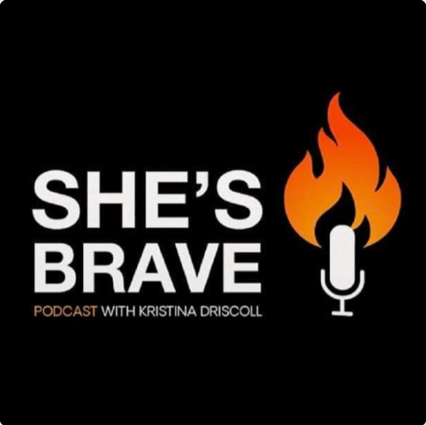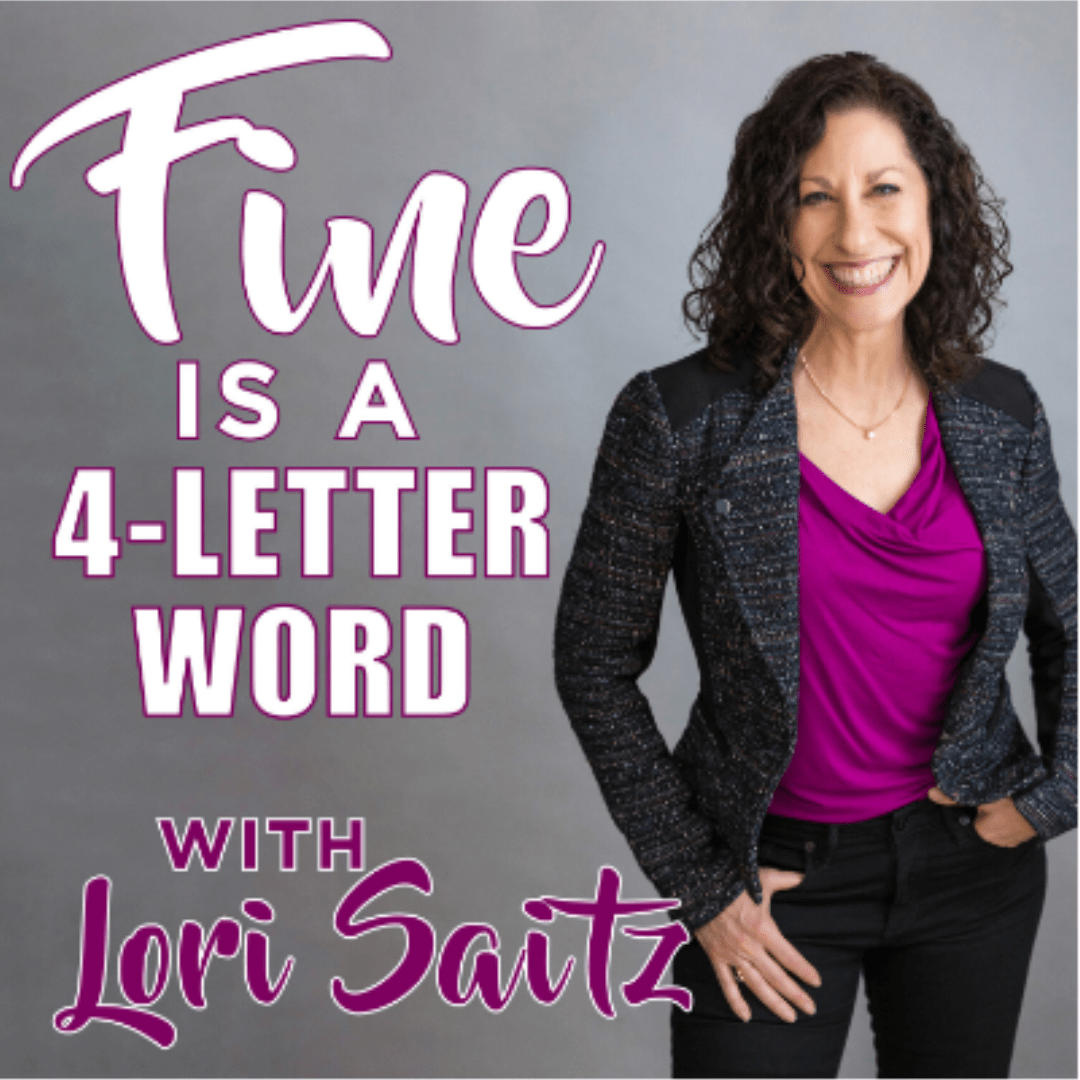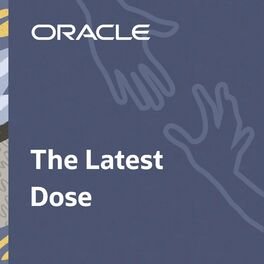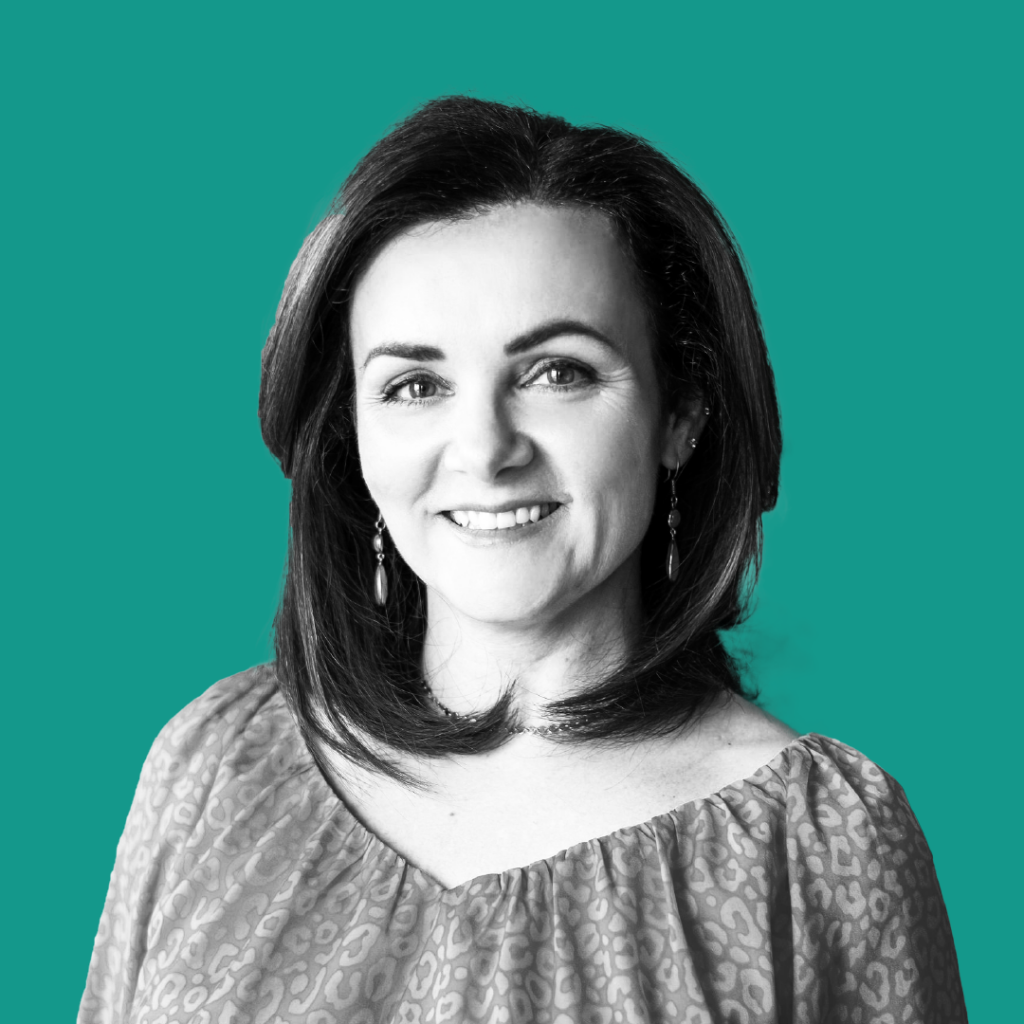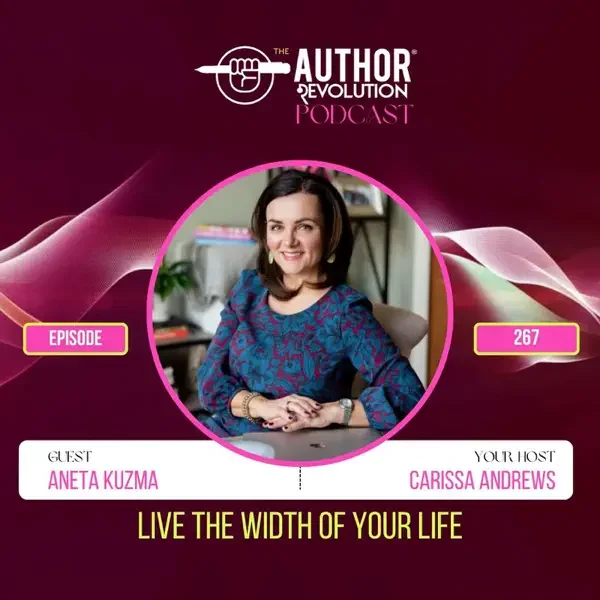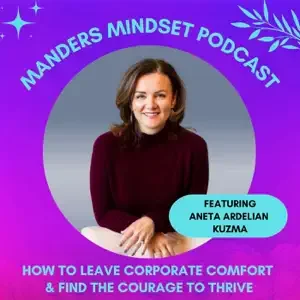Episode 78: Stop saying you have imposter syndrome.
/Powered by RedCircle
On the Live The Width of Your Life podcast, we explore what it means to not only live the length of our life but instead the breadth, depth, and purpose of each day.
She shares her personal story of creating balance in her life by aligning her daily choices to life values, strategies to redefine success, and creating space for a bit of magic and synchronicity.
It's never too late to change! We don't need to have it all figured out to begin; we can take action daily, show up imperfectly, and be amazed and inspired by how beautiful life can be.
Powered by RedCircle
Have you ever felt like you don't belong like you're just "faking it" or "not good enough" despite evidence of your skills and accomplishments? That's what we commonly call "Imposter Syndrome." But maybe it's time to change how we talk about it.
The term "Impostor Syndrome" was first coined by psychologists Pauline R. Clance and Suzanne A. Imes in 1978. They introduced the concept in their paper titled "The Impostor Phenomenon in High Achieving Women: Dynamics and Therapeutic Intervention." Since then, it has become widely recognized and studied in psychology, particularly in high-achieving individuals experiencing feelings of inadequacy and self-doubt despite evidence of their competence. According to the authors of the paper, The term 'impostor phenomenon' is used to describe an internal feeling of intellectual phoniness or fraud that appears to be particularly prevalent and intense among a select sample of high-achieving women.
Despite outstanding academic and professional accomplishments, women who experience the impostor phenomenon persist in believing that they are not bright and have fooled anyone who thinks otherwise.
Women who experience the impostor phenomenon maintain a strong belief that they are not intelligent; they are convinced that they have fooled anyone who thinks otherwise. Numerous achievements, one might expect to provide ample objective evidence of superior intellectual functioning, do not affect the impostor belief."
Their definition emphasizes the discrepancy between external evidence of competence and the persistent belief of being inadequate or fraudulent, particularly in high-achieving individuals, often due to early family dynamics and societal stereotypes.
Numerous achievements, which one might expect to provide ample object evidence of superior intellectual functioning, do not appear to affect the impostor's belief.
I've felt this way, and when I see my amazing clients, friends, family members, or even highly accomplished public figures say that they keep waiting for someone to figure out they're a fraud, it used to make me sad, and now it upsets me.
How much energy, power, and self-worth do we give up by claiming this identity as our own?
Who are famous women who have talked about imposter syndrome?
Maya Angelou
Sheryl Sandberg
Sonia Sotomayor
Meryl Streep
What if, instead, we ask ourselves better questions:
What am I feeling about this opportunity?
Why do I think that I feel this way?
Are my assumptions true - am I pretending or defrauding someone? Am I overinflating my experiences, my education, my intellect?
Or is this truly a self-worth issue?
And, if there is genuinely a gap, what will I do to close the gap - education, experience, certifications? So, maybe it's time to retire the term "Imposter Syndrome." Instead, let's recognize it for what it truly is: a challenge in acknowledging our worth. Let's shift the narrative from feeling like frauds to embracing our capabilities, contributions, and worthiness.
Remember, you are not alone in feeling this way. Let's support each other in recognizing and celebrating our achievements, big and small. Together, we can overcome these feelings of self-doubt and thrive.
Did you like the episode?
Leave a review on Apple Podcasts and subscribe to my channel to be updated on my latest upload. Enjoy listening to any of your podcast platforms!
Enjoy the episode! Have a question/comment? DM me on Instagram @ardeliankuzma
About Your Host
Aneta Ardelian Kuzma is a holistic life coach, wellness expert, and yoga and meditation teacher, who explores what it means to live more fully, with intention, gratitude, and joy.




